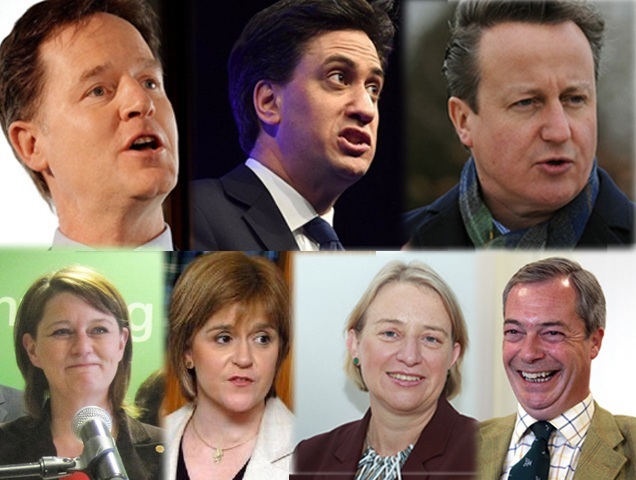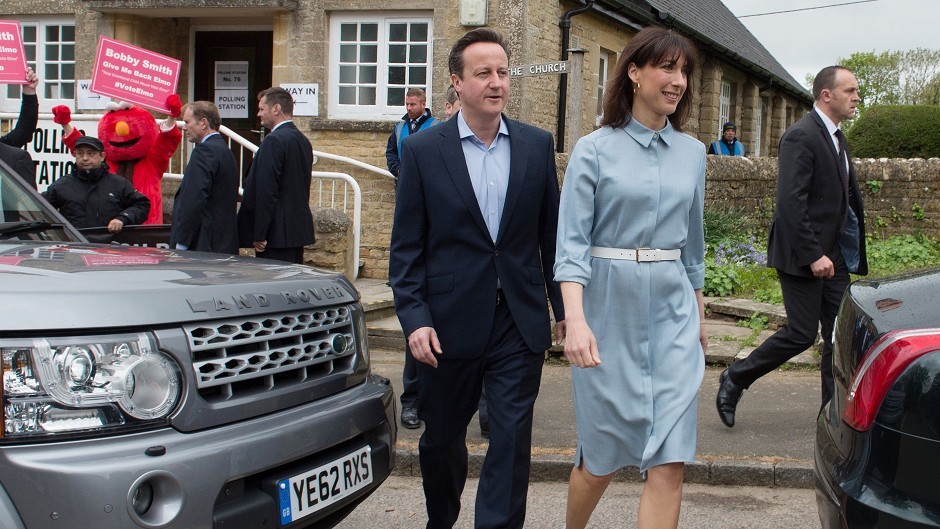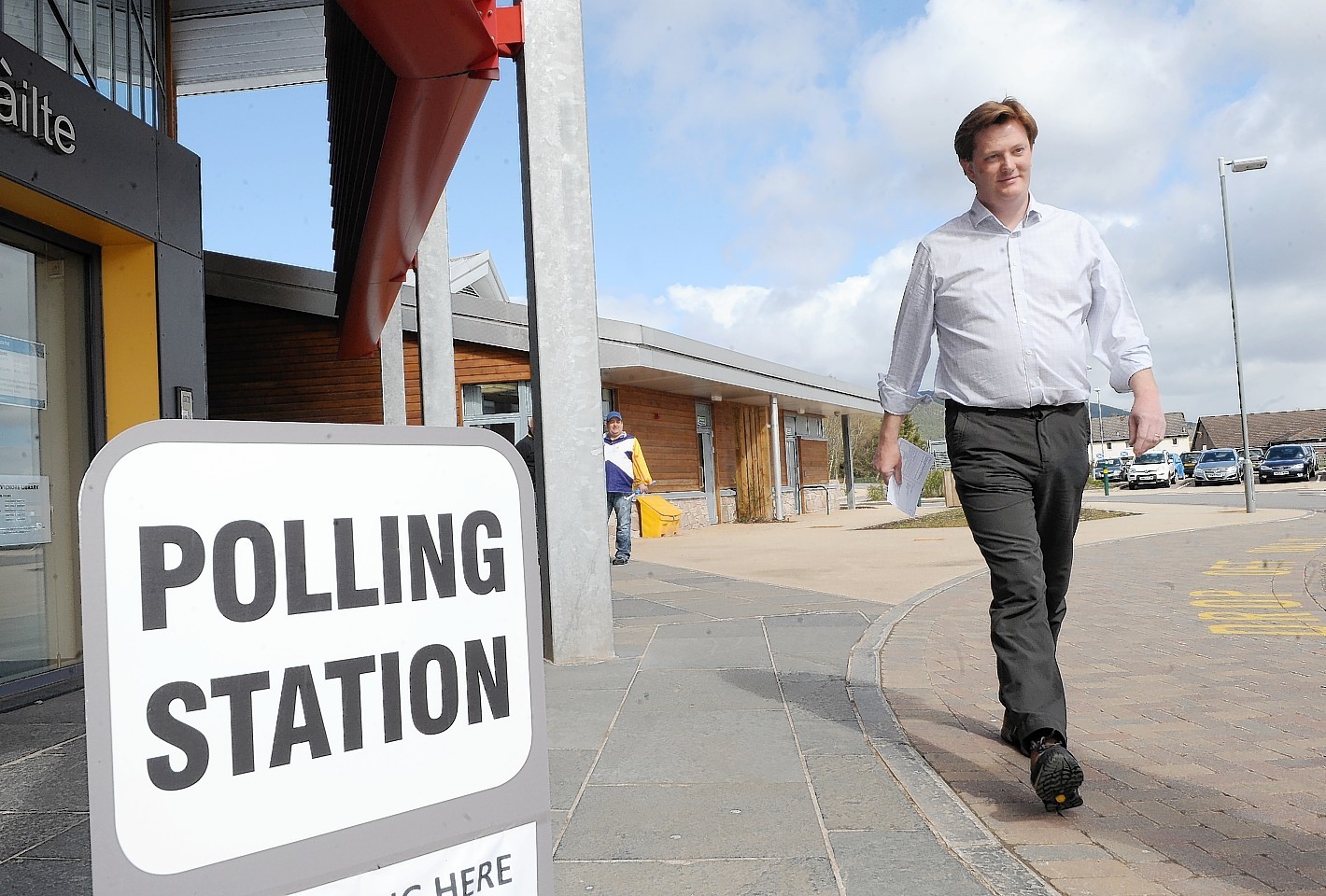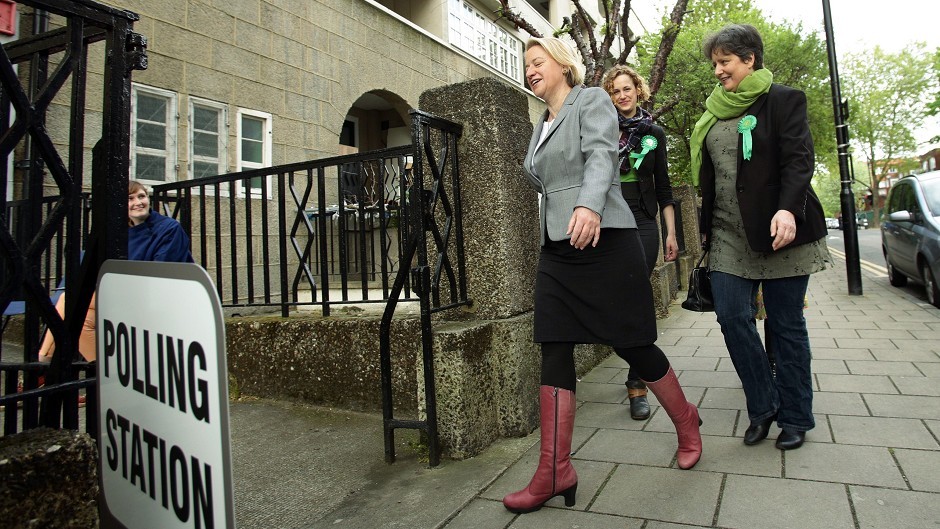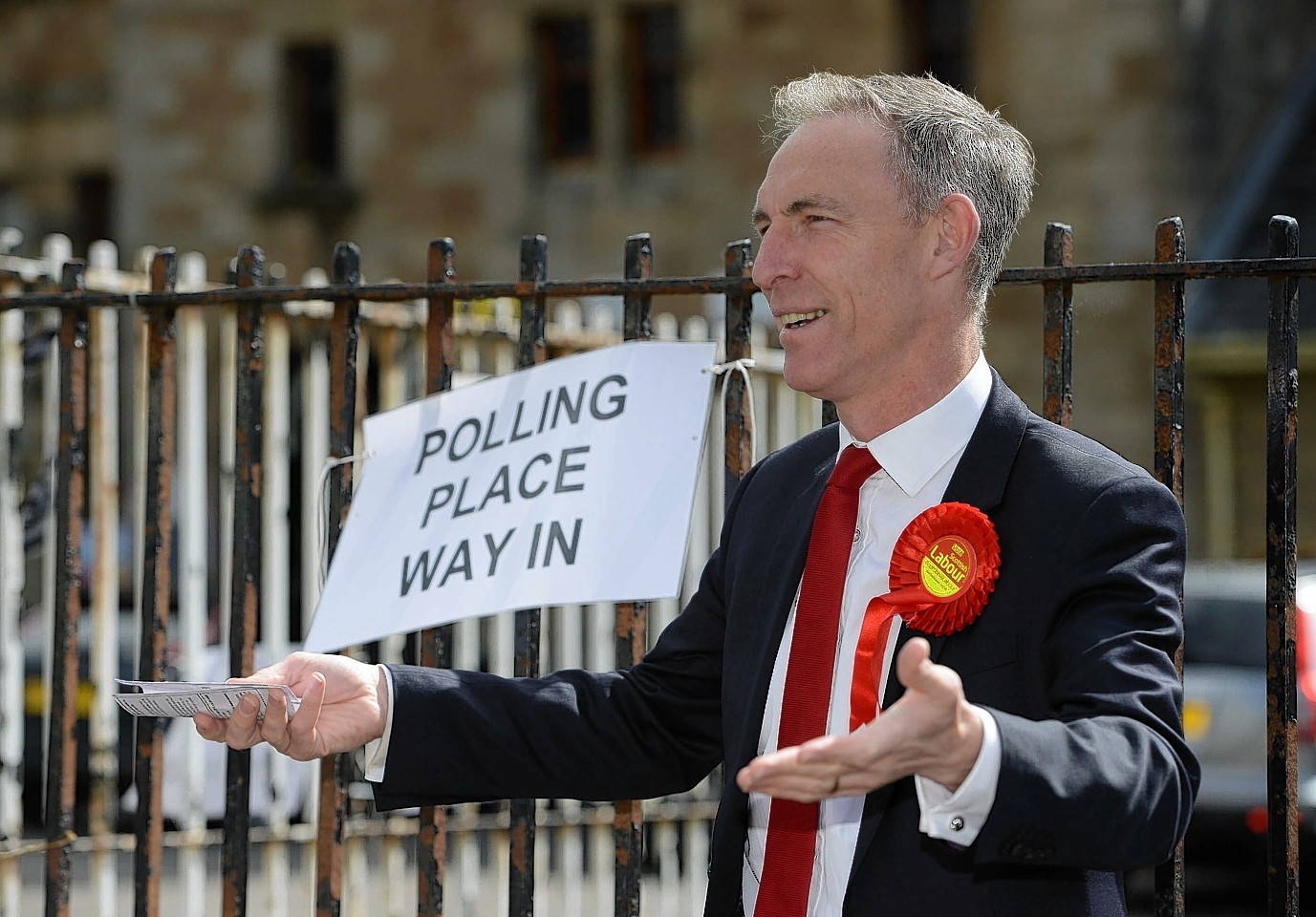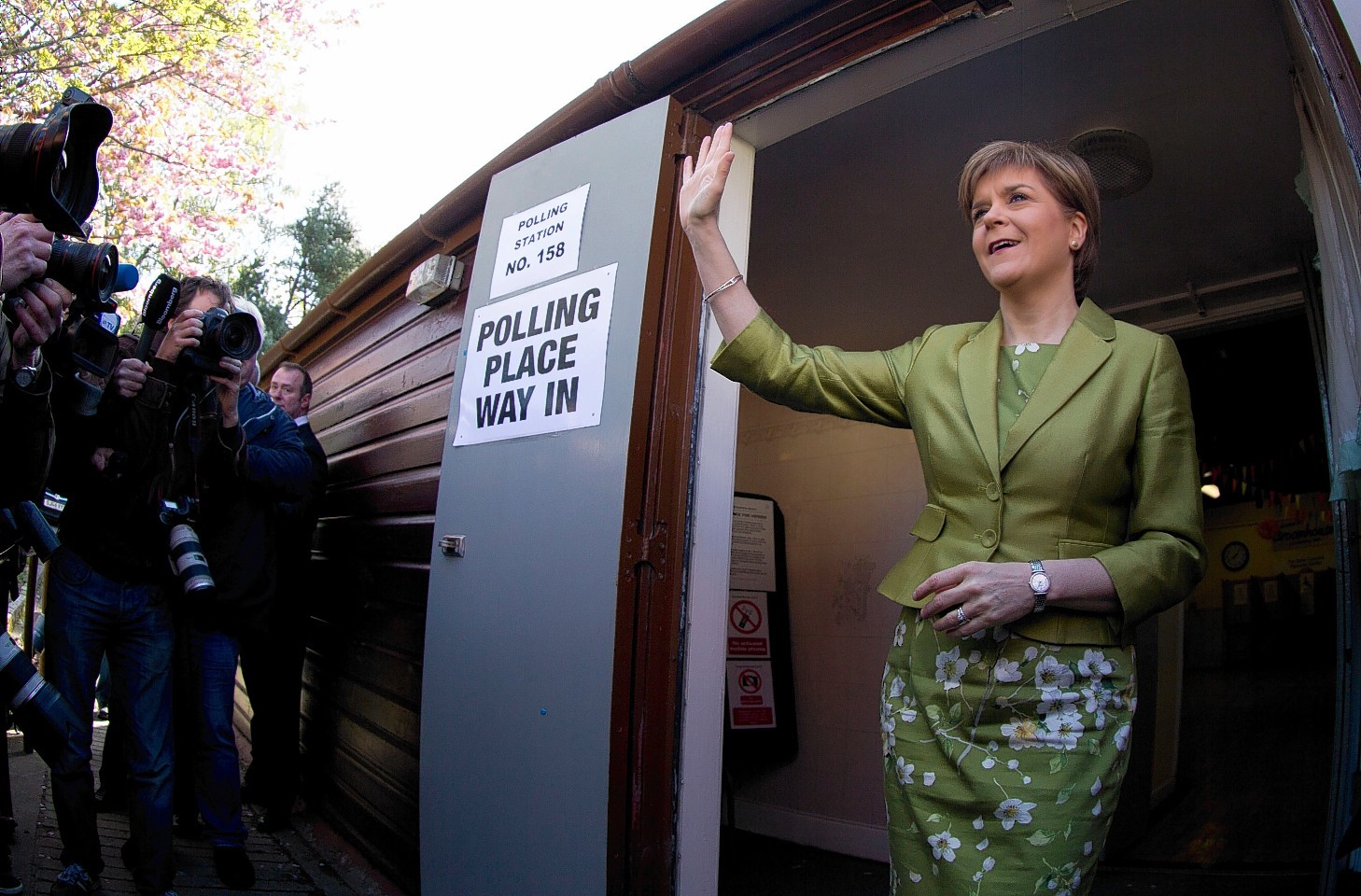The outcome of the General Election is widely predicted to be a hung parliament, with none of the major parties winning an overall majority.
But the important fact will not be who has the largest number of MPs, but who commands the confidence of the House of Commons.
David Cameron could stay on until the State Opening of Parliament on May 27, even if he is short of the 326 Conservative MPs needed to secure an overall majority in the Commons, former Cabinet Secretary Lord O’Donnell has suggested.
Lord O’Donnell, who oversaw coalition negotiations after the last election, drew up the Cabinet Manual in 2011 that states: “An incumbent government is entitled to wait until the new Parliament has met to see if it can command the confidence of the House of Commons, but is expected to resign if it becomes clear that it is unlikely to be able to command that confidence and there is a clear alternative.”
Reports have suggested the monarch considered not giving the Queen’s Speech – the outline of her Government’s legislative programme for the year – if Mr Cameron put his programme forward before guaranteeing the support of enough MPs.
But it is understood the Queen, a constitutional monarch who remains politically neutral, will give the speech as she has done throughout her reign. To have declined to make the address could have been interpreted as a political move.
If Mr Cameron chooses to press ahead with a Queen’s Speech, only to fall victim to a vote of no confidence, he will officially tender his resignation to the Queen at Buckingham Palace.
An alternative leader will have 14 days to show he or she can command the confidence of a majority of MPs.
It is the job of the political leaders to hold their meetings and try to form a coalition, leaving the Queen out of the process.
But the monarch’s eyes and ears in Westminster will be her private secretary Sir Christopher Geidt.
Only when the leaders are in agreement will the Queen return from Windsor Castle to the palace and invite the person who appears most likely to be able to command the confidence of the House to serve as prime minister and form a government.
Recent polling suggests Mr Cameron may well have the largest team of MPs at Westminster, but that Labour leader Ed Miliband may be better placed to survive a confidence motion on the back of votes from SNP MPs with whom he refuses to enter coalition.
Dr Matt Cole, a constitutional history expert from the University of Birmingham, has said: “We are faced with the prospect that the incumbent prime minister has as large a share of the vote as last time and quite close to the same number of MPs, and the leader of the opposition has quite clearly failed to match that, and yet the leader of the opposition becomes prime minister, even without incorporating another party in a coalition.”
